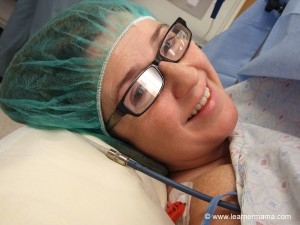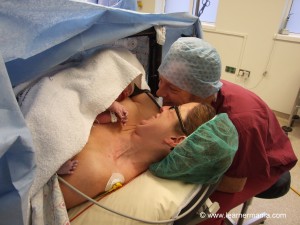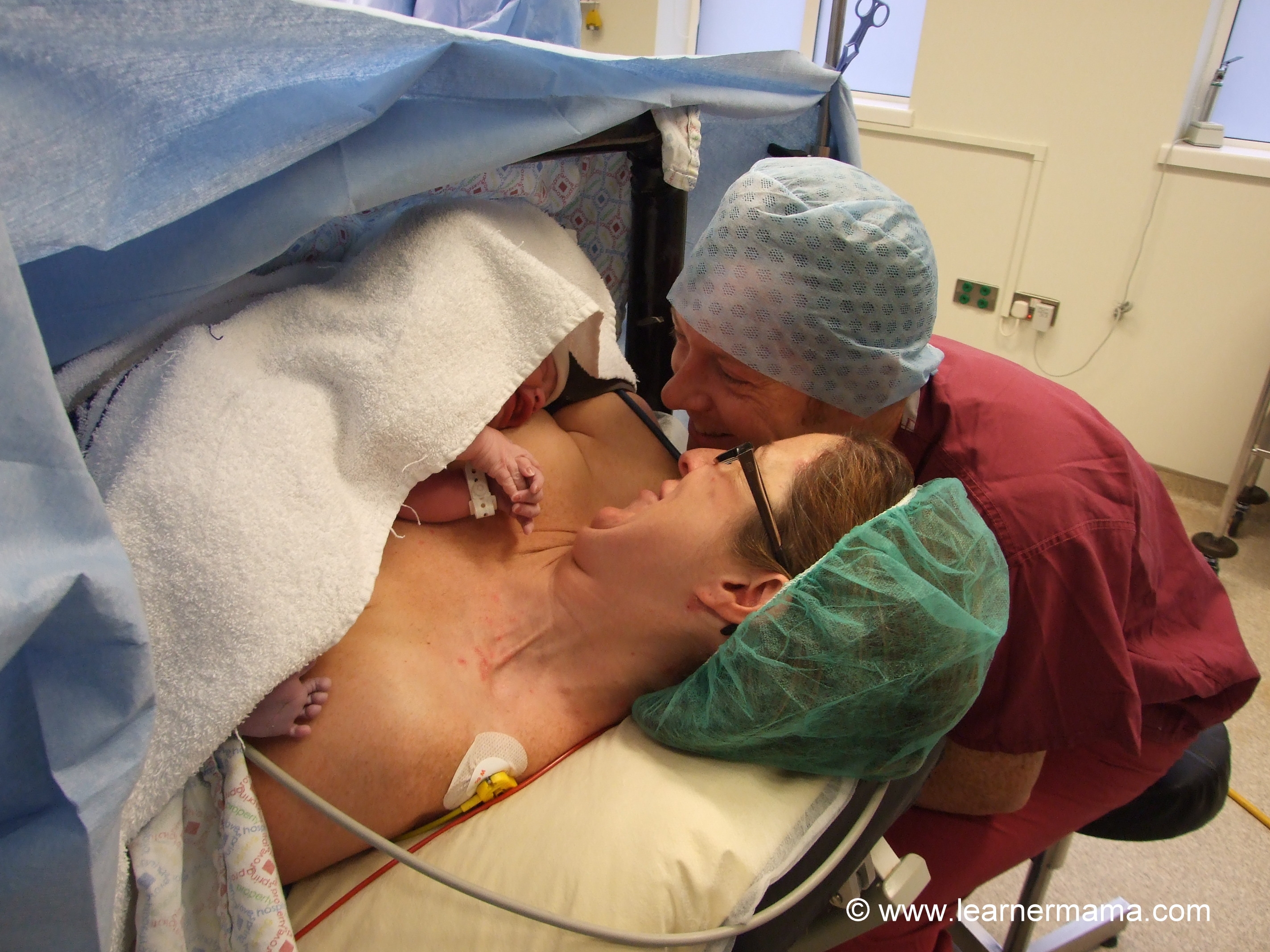- Our Whistle-stop Tour of New York City with Kids Part Two: Where We Stayed and Ate
- Our Whistle-stop Tour of New York City With Kids Part One: Getting There
- Our Family Trip to Berlin
- Packing Essentials for a Family Ski Holiday
- The Big (and Not So Big) Move
- The day Shawn Mendes taught my daughter an amazing life lesson
- 10 Things for kids to do in Costa Adeje, Tenerife
- The Croke Park Stadium Tour
- Tips for making the most of a day out at Tayto Park
- 10 Kids TV characters you will love to hate as a parent
Ten things every mum-to-be should know about C-sections
It is April that means only one thing. No, not Spring time but Cesearean Awareness Month. In honour of marking this month I am sharing a post I originally wrote for 42 Weeks. A public information campaign for women giving birth in Ireland. I shared ten things I think that every mum-to-be should know about C-sections. Here they are:
1. C-Sections Happen
While you might be hoping for a natural, pain free delivery there are no guarantees in child birth. Every mum-to-be should be prepared for the fact that a C-section can be a possible outcome if something goes amiss. With C-section rates in Ireland averaging around 25% knowing what is involved in advance can ease any mid birth panics that may be thrust upon you.
2. C-sections happen in an operating theatre
A C-section is major abdominal surgery – don’t be fooled that it is some easy alternative to pushing your baby out of your vagina. As they are a surgical delivery they take place in an operating theatre. This can be off putting but be aware that there will be an operating table that you will lie on, the classic operating theatre lights above your head, you will be attached to monitors that may beep and alarm (but try not to be alarmed yourself) and there will be all the usual sights, sounds and smells of any operating theatre including all those around you kitted out in surgical scrubs.
3. You will not feel pain during it – just pressure
A big fear when facing a C-section is “oh my god they are cutting me open will I feel it?”. The short answer is no. You are given anaesthesia which will be in the form of a topped up epidural if you have had one, most likely a spinal block and in more rare circumstances they will have to give a general anaesthetic. In this case you will be knocked out and be asleep for the delivery.
Of course the most appealing option if you have to have a C-section is to be awake and see your baby born so include that in your birth preferences. Thankfully most sections are done via Spinal block where you will have an injection into your spine that will numb your body from chest down so you will be awake but have no feeling.
That said once they cut you open and go digging around for baby there will be a feeling of tugging or pressure and you may feel yourself moving from side to side as they pull baby out but there is no pain.
4. You may feel ill
If you have had a spinal block it can make you nauseous and light headed. This is normal but if it happens they can inject medication into a cannula in your arm to counter act it so tell them if you feel that way.
5. You may feel itchy
The spinal block can also cause itchiness. You may find yourself scratching your face, nose, arms and while it can be off putting is nothing to worry about and wears off quickly.
6. Take lots of pain relief
While you will feel no pain during the actual procedure unlike normal child birth where the pain is in the moment for C-section mothers the pain comes afterwards. You will be given strong pain relief medication after the surgery – likely morphine strength which can make you a little drowsy or out of it but it is important to stay on top of pain relief for those initial days and indeed weeks to ensure that you can function enough to look after your baby.
As you leave hospital ensure you have a prescription for more than over the counter pain relief. You can move to the likes of Paracetamol quickly enough after your return home. But don’t be a martyr. Don’t let the pain get on top of you.
7. You can Breastfeed after a C-Section
So many people say that C-sections can prevent breastfeeding and while it might be a little trickier to breastfeed due to a tender abdomen or if you had an early C-section getting your milk to come in there is nothing to stop you trying and indeed succeeding in being a breastfeeding mother.
8. Gentle exercise will help you recover
The last thing you may feel like doing immediately after surgery is getting up and walking around but as soon as you regain feeling in your legs the nurses will get you moving. This is vital for a successful recovery. Once home try to keep active but without overdoing it. Listen to your body. After about 6-8 weeks you can look at stepping up a gear exercise wise but discuss everything with your medical practioner in advance.
9. Watch your emotional recovery too
If a C-section was not your preferred birth option then having been through one can result in mixed feelings. You may feel elated at the birth of your new baby, relieved that your baby is okay if there was an emergency or sad and disappointed that you didn’t achieve the birth you wanted. Of course you may feel all of these emotions and it is a time when you need to keep check of your emotional wellbeing. Some baby blues is normal but getting over a surgical birth can add to the normal highs and lows of post birth. Don’t let feelings linger – seek advice and help from your GP or Public health nurse if you are finding it hard to cope emotionally or feel it is difficult to move on from your birth experience.
10. You are not a failure
Every mum-to-be should know that if it turns out you require a C-section to deliver your baby you did not fail. You had the courage to be cut open to allow your baby to be born safely. Celebrate your achievement and never feel that you failed. While you mightn’t feel that immediately after the birth, as you watch your baby grow you will realise that getting that baby into the world was an amazing accomplishment and one to be enjoyed and indeed celebrated.





4 Comments